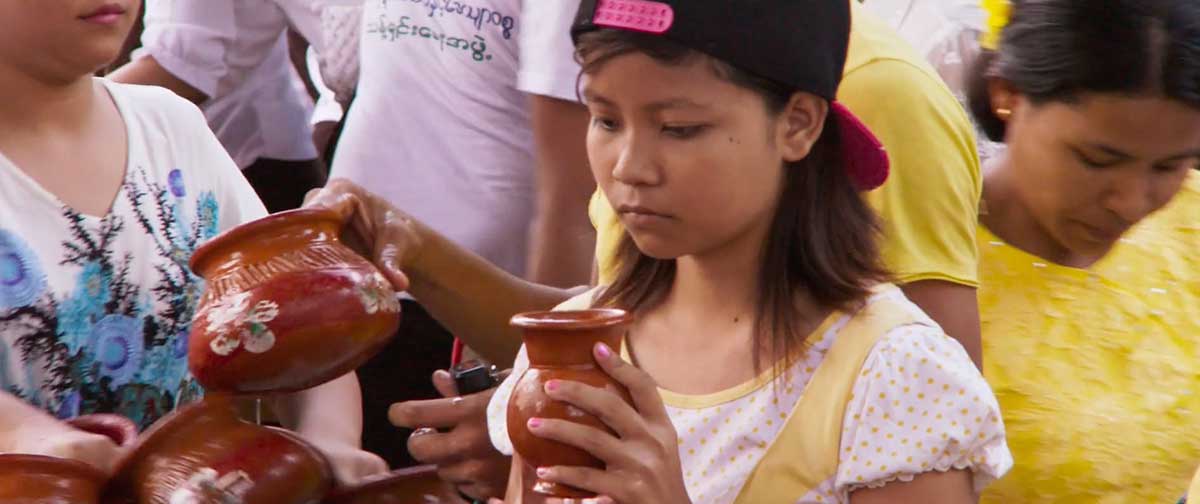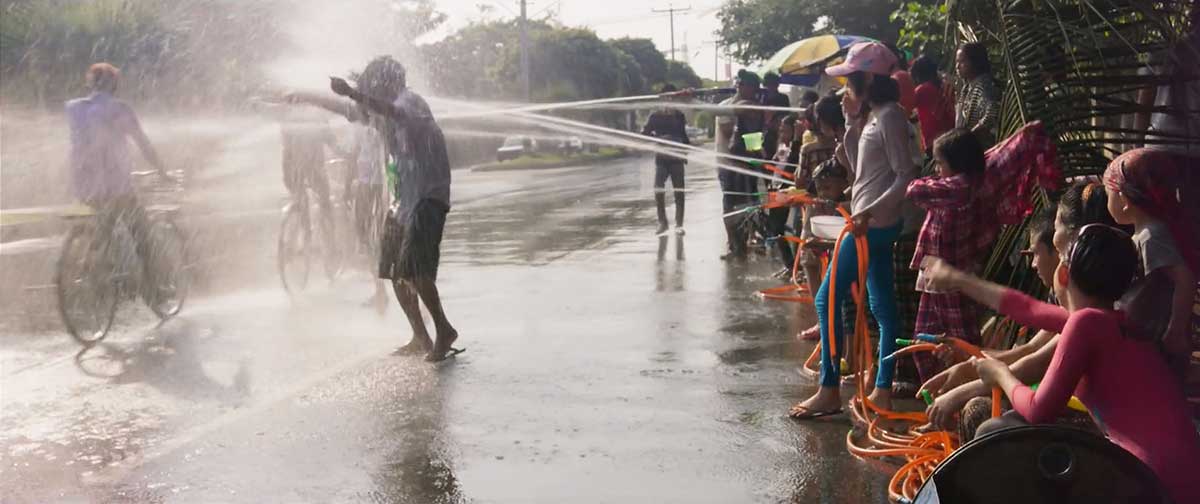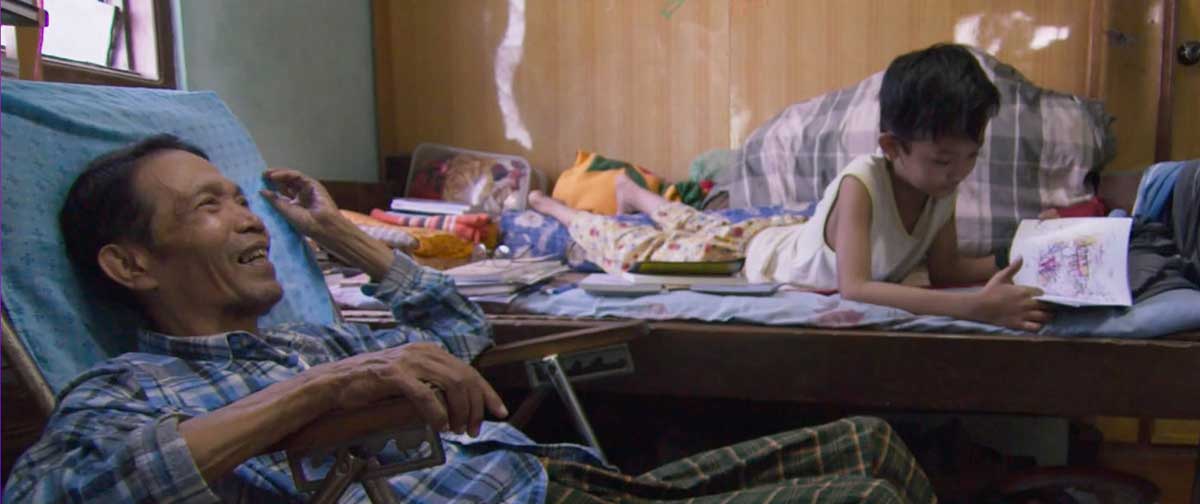Fri Mar 4, 2022 – 5:00 pm | Irontek
NO TICKETS WILL BE SOLD AT THE VENUES
Purchase your ticket either online or at the Box Office
THIS FILM IS AVAILABLE FOR STREAMING AFTER FEB 25TH
Burma Storybook
Directed by Petr Lom
Documentary Feature
Netherlands | 81 min | 2017
Poetry is the most popular art form in Myanmar: most people can recite a poem by heart, many write poems of their own, and with the recent introduction of the internet, there are more online poets than bloggers. Poetry has also helped Burmese people survive the dictatorship.
The film’s main character is 70 year-old poet Maung Aung Pwint, who spent many years behind bars for his writing and activism. His family has been torn apart by the country’s political history: by his own imprisonment and absence from his family, and by the two decade long political exile of his son to Finland. The yearning for his lost son, and his long awaited return home, form the backbone of the film.
Maung Aung Pwint’s story is accompanied by a chorus of poems by the most famous poets in Myanmar today. They all raise a critical voice to the country’s transformation, particularly attentive to enduring injustice.
This injustice is illustrated in a series of cinema verité scenes and stories – the storybook of the film – of the country’s sudden economic and political transformation. A new world where rich young men drag race in downtown Yangon at night, racing past rickshaws and pedestrians for whom such wildly expensive cars are beyond their dreams in this poorest country in South East Asia. A new world that still leaves much past injustice intact: a former political prisoner counsels a cellmate who cannot stand the sound of rain because of its association with his past
torture. A minority farmer expresses a persistent fear of the military, for “in Burma, the army is still king.”
In this brave new world of transformation and persistent injustice, the old poet, Maung Aung Pwint and his family becomes symbols of resilience and grace, an answer to the poet’s question: “ how can our hearts be healed?”
Director Statement
I always make films about injustice.
I had wanted to make a film in Myanmar for a long time – since at least the failed Saffron Revolution of 2008. But the dictatorship made filming there impossible. In 2012, when things were beginning to change, I was invited to show one of my films in Myanmar’s first ever Human Rights Film Festival. I found the experience extraordinary, the people in Myanmar wonderful – characterized above all by a curiosity and thirst to learn – and so I wanted to return. The festival invited my wife and I to come back and teach new film students how to make their first human rights short films. We accepted, and returned with the idea of also making a film of our own.
While reading about Myanmar before we came, my wife observed that many books remarked about the importance of poetry in Myanmar, and how widespread the craft was.
In Myanmar, when we started exploring the subject, this was confirmed: indeed, poetry is really in the lifeblood of all Burmese. In fact, the difficulty became that there are too many poets in the country – for almost everyone writes poetry, and many, many consider themselves to be poets. Hence the Burmese joke, that in Myanmar, “there are more poets than stray dogs.”
But how to turn poetry into a film? This question was answered when I met Maung Aung Pwint – Myanmar’s most famous dissident poet, who had spent many years in prison for his activism. He was recommended to us by one of the founders of the Human Rights Film Festival – with the remark that I would like him very much when I’d meet him. This was an understatement. I was invited to his home, and as soon as I met him, I felt as if I had met a long lost friend. His deep penetrating gaze, his laughing eyes despite the sadness that often envelops him as an impenetrable fog. I knew immediately that I had found the main character for my film – something that usually in documentary filmmaking takes much longer, a process of trial and error, filming and watching footage, questioning my intuition, trying different things. Not this time.
Of course, we were blessed that Maung Aung Pwint opened up his heart and his household to us unconditionally, allowing us to film whenever and whatever we wished. Because of this we were able to film the heartrending intimate reunion of his family with his son that he had not seen for almost twenty years.
One of the first things Maung Aung Pwint told me was “let’s make a long poem together.” This was his invitation to me as a filmmaker. And a challenge.
We have tried to do honor to his request by making a film that itself in structure and form is like a poem – a film that is as beautiful as the words to which it is dedicated.
To do this we chose not just to tell only the story of Maung Aung Pwint – though we could have chosen to do so, and the result would have undoubtedly been equally beautiful. But because the country is so rich, and because its time of transition is so important, we wanted to make a film that would give more of a panoramic view of what the country is undergoing – and as well to show the
ubiquity of poetry in it. That is why we chose to structure the film as a storybook: as a collection of cinema verité scenes all somehow linked to poetry, embedded within Maung Aung Pwint’s own story.
And so our film is about many things. It is about poetry. It is about a beautiful country emerging from many years of suffering. But above all, it is about resilience – an inner strength that seems to transform itself into one of the most elusive things for a filmmaker to capture, one that you think is ordinarily invisible, and that is grace. That is the greatest gift that we have been given by Maung Aung Pwint.
Petr Lom
December 15, 2016
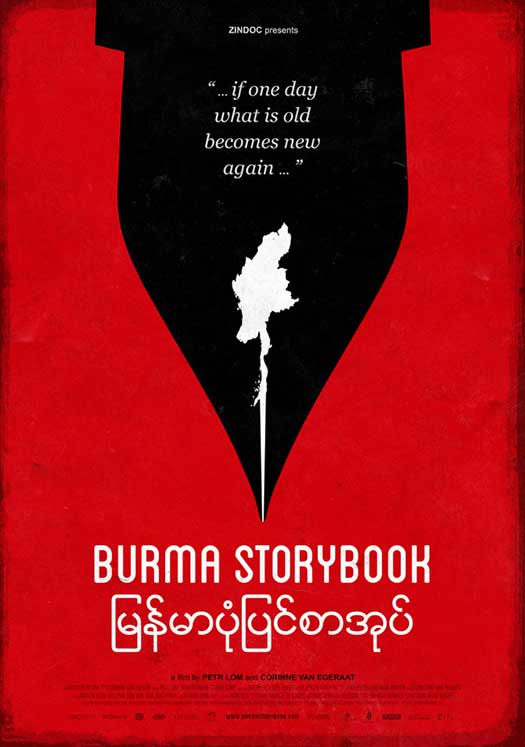
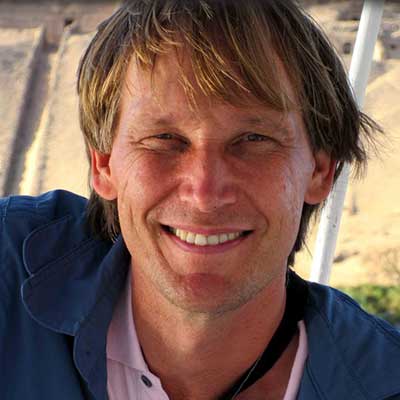 Petr Lom
Petr Lom
Director
Petr Lom was born in Prague in 1968, grew up in Canada, and is now based in The Netherlands with his Dutch wife Corinne van Egeraat. He received his Ph.D. in political philosophy from Harvard and was Associate Professor at George Soros’ Central European University in human rights and philosophy. In 2003, he became an independent documentary director and producer specializing in human rights film. His award-winning films have been broadcast in over thirty countries and screened at more than two hundred and fifty film festivals around the world including Sundance and the Berlinale. His filmography: Bride Kidnapping in Kyrgyzstan (2004); On a Tightrope (2007), Letters to the President (2009); Back to the Square (2012), ANA ANA (“I am me” in Arabic – 2013), and Burma Storybook (2017).

